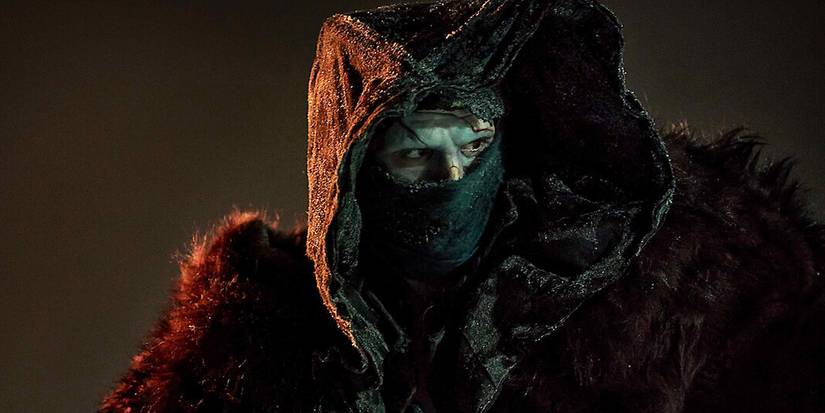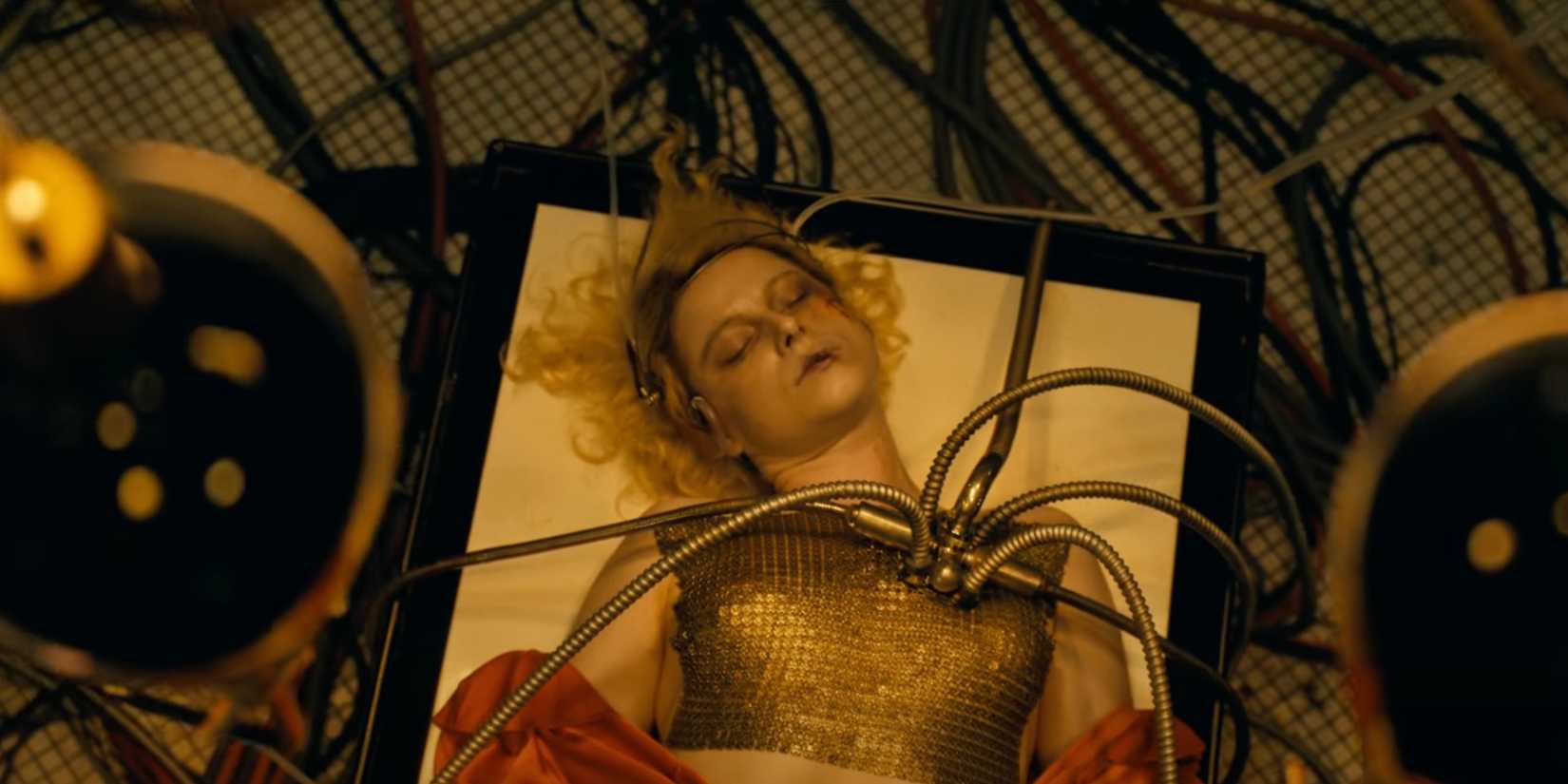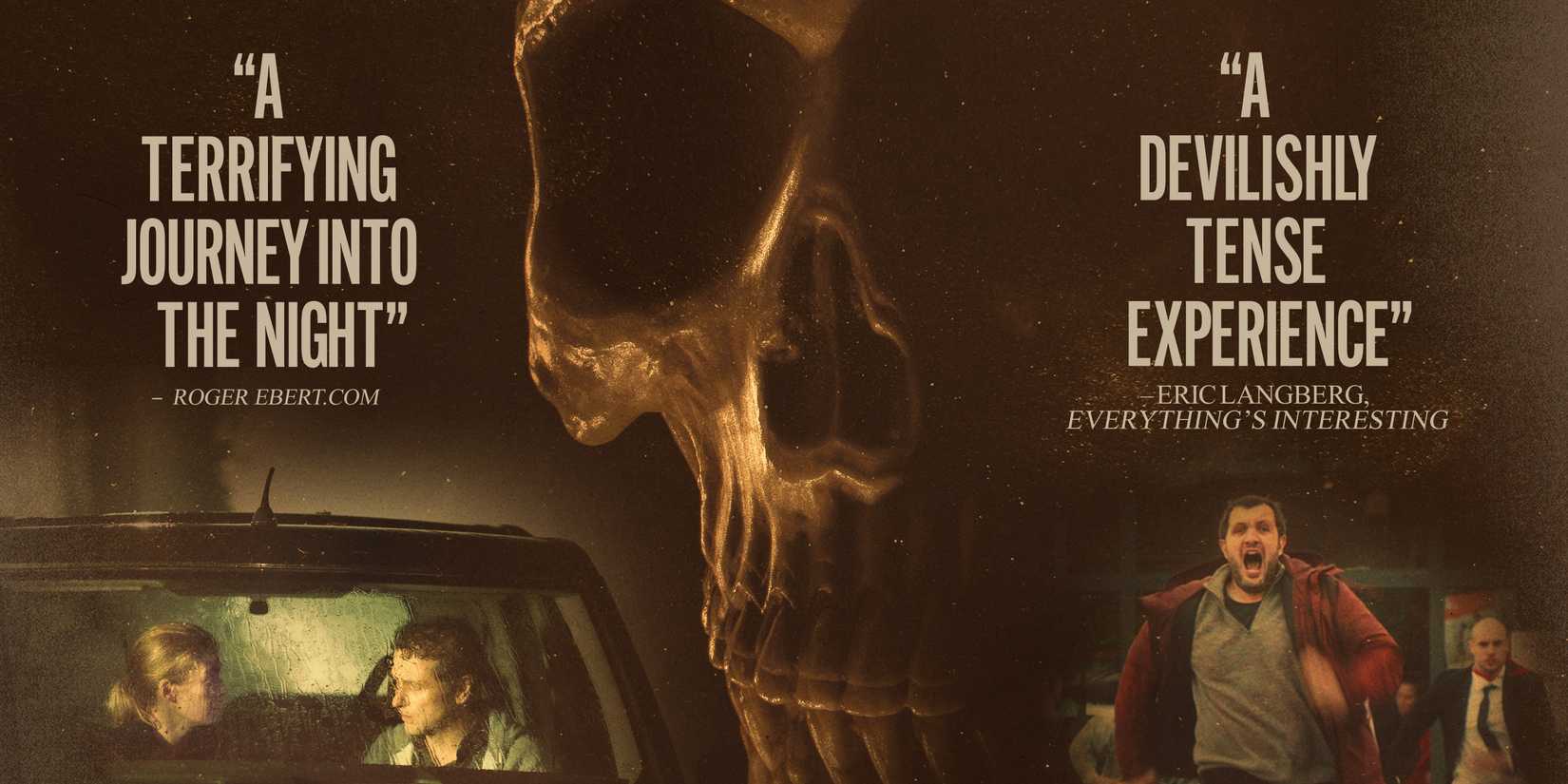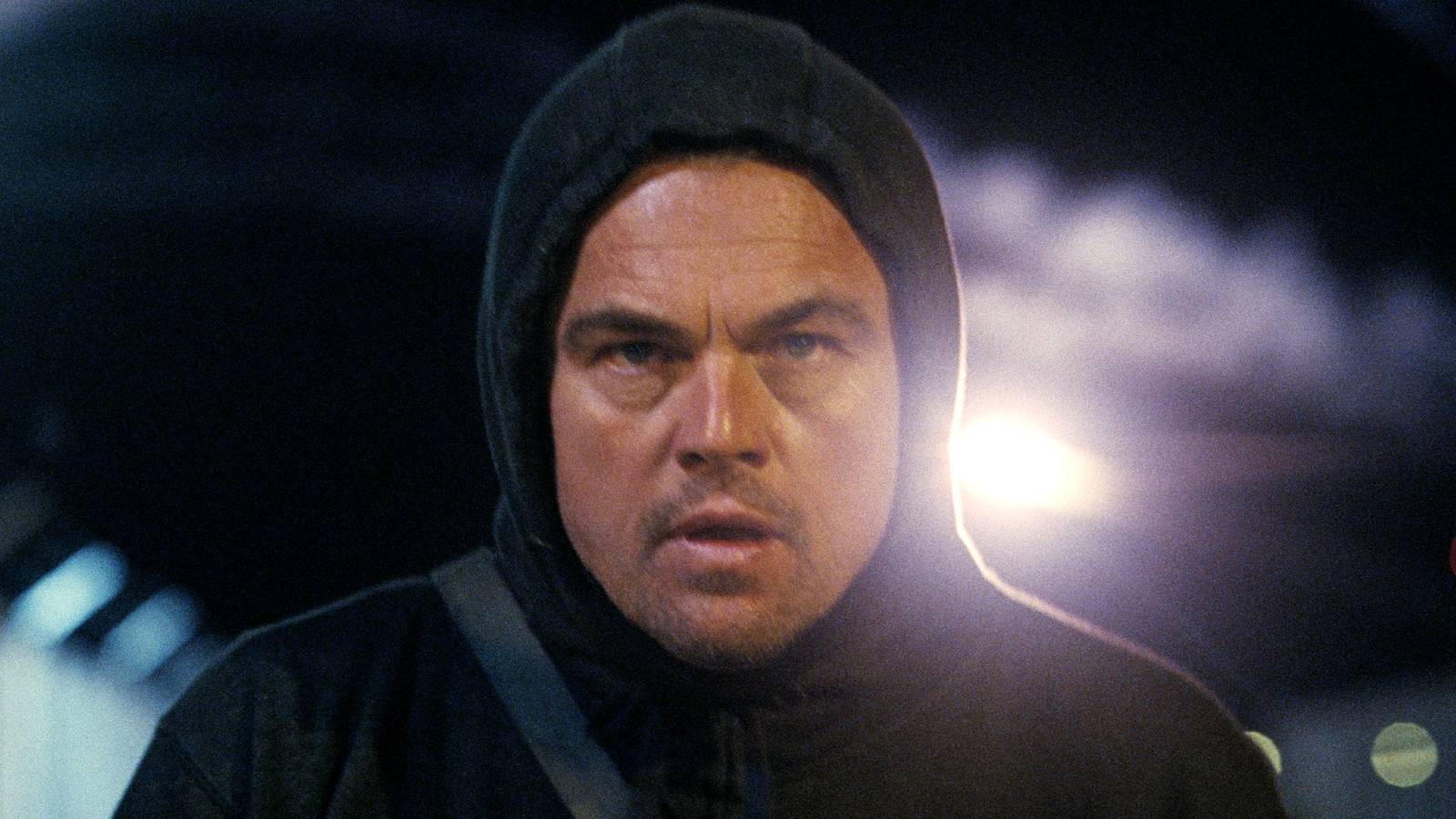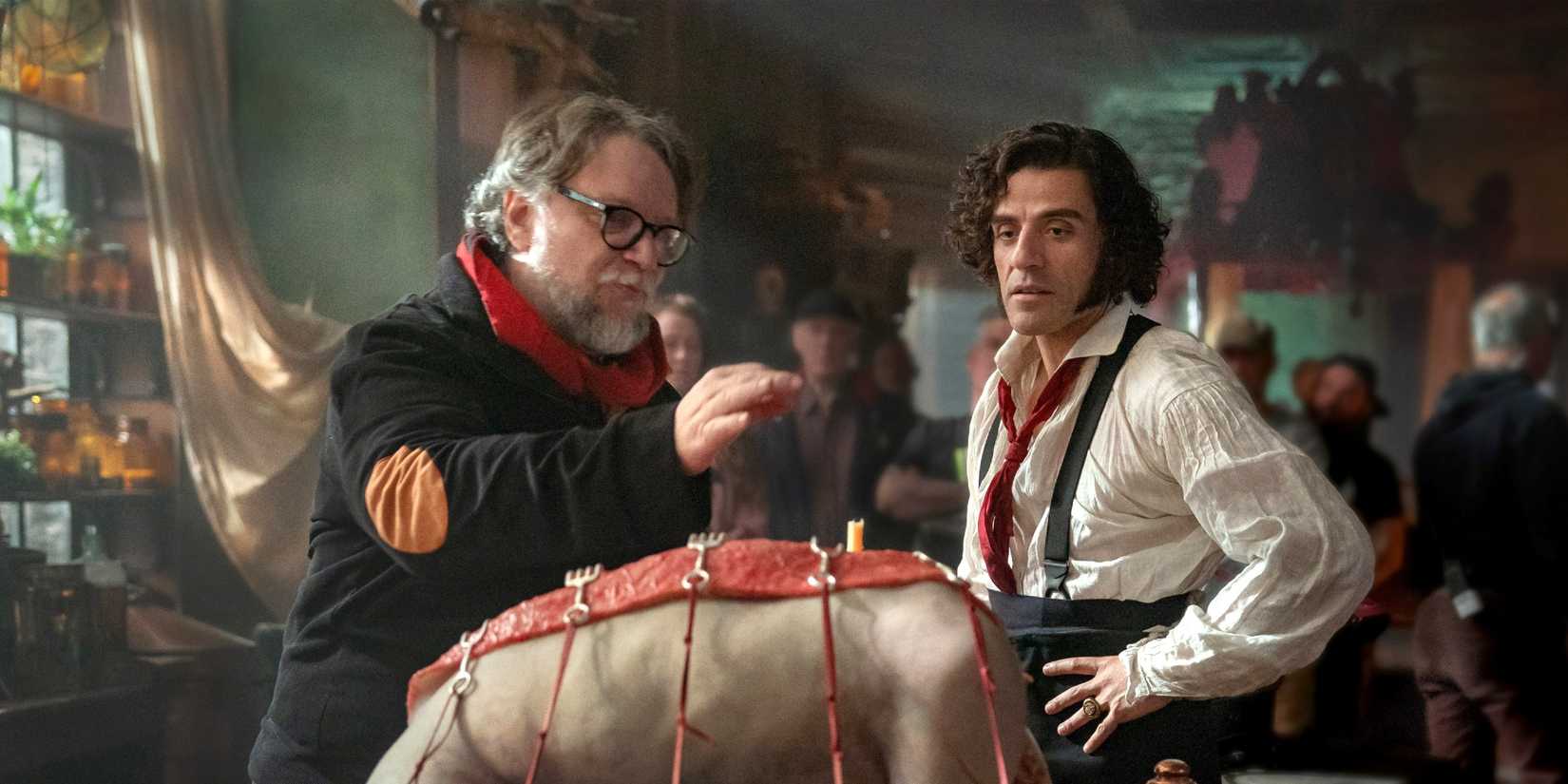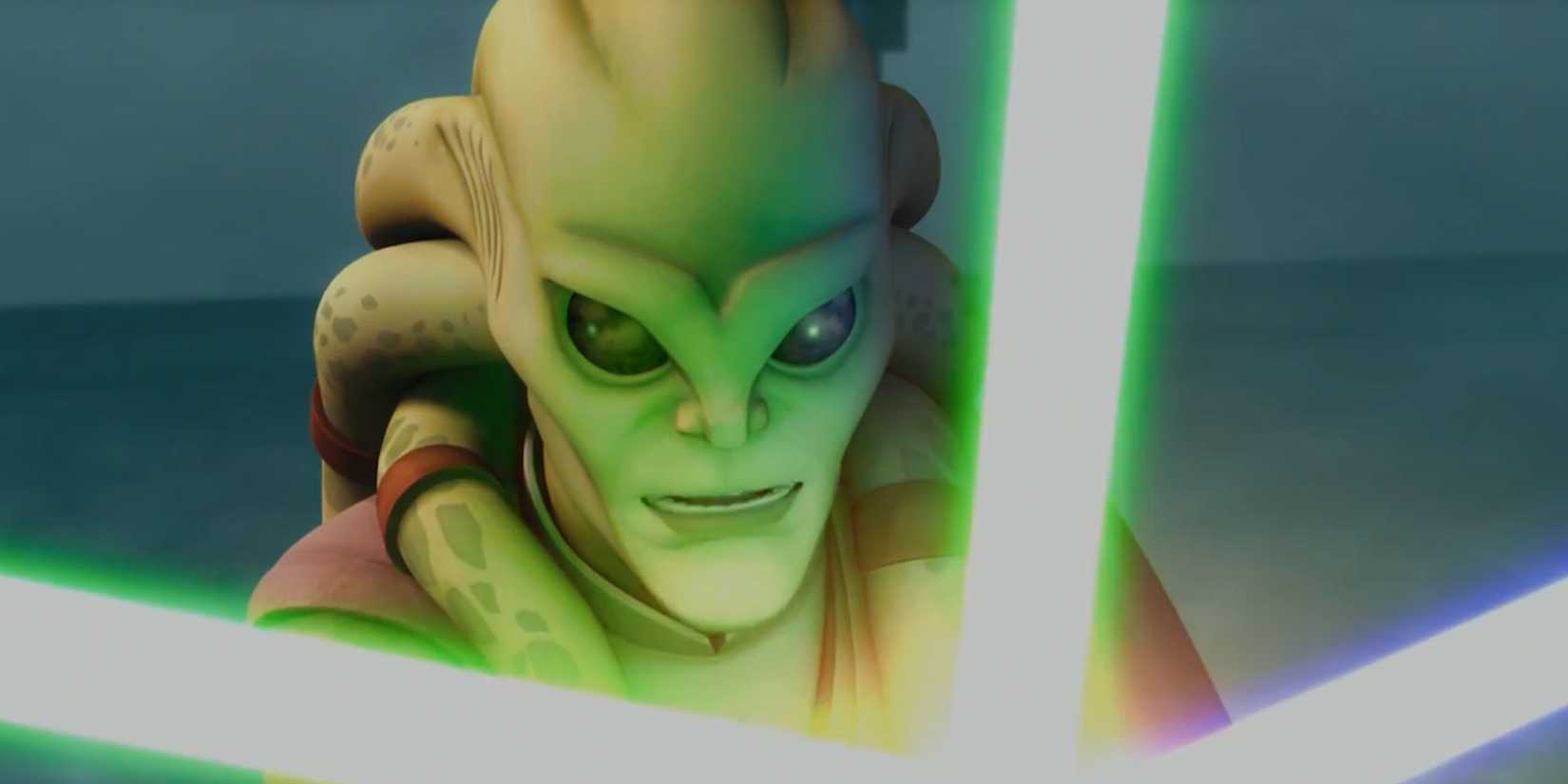The first trailer for Maggie Gyllenhaal’s The Bride! has finally been released, and it shows a very different kind of story than most Frankenstein fans will be used to. The story details the controversial romance between Frankenstein and his Bride, a reanimated corpse designed to be his companion in eternal life.
Interestingly, The Bride! is not the only film coming out within the next several months that’s inspired by Mary Shelley’s classic 1818 text. Guillermo del Toro’s Frankenstein will release on Netflix in November, but the two films occupy very different corners of the horror world. Where one is a faithful adaptation of the Victorian text, the other has a different agenda altogether.
The Bride And Del Toro’s Frankenstein Have Completely Different Styles
Though it initially seemed logical to compare The Bride! with Netflix’s Frankenstein because of their shared source material — and the fact that the former was initially in the works at Netflix — the first glimpse of Gyllenhaal’s film has made it instantly clear that these two films are taking very different approaches to the world of Shelley’s Gothic horror.
Where del Toro’s Frankenstein is a very dense, literary adaptation of the novel that stays firmly loyal to the source material, The Bride! seems to be a much more subversive and unpredictable story, perhaps even veering into elements of dark humor at times. Gyllenhaal seems much more concerned with bringing out the subtext of Frankenstein rather than actually adapting it.
Conversely, del Toro has frequently expressed his desire to adapt Shelley’s book in a grounded, authentic way, and that’s exactly what he does with Frankenstein. As many reviews of Frankenstein have pointed out, there are very few narrative changes between del Toro’s adaptation and the source text, which makes for a very interesting viewing experience.
The Bride! will certainly be interesting too, but in a very different way. There’s a very modern, pulpy atmosphere to the trailer that’s almost reminiscent of films like Badlands or Bonnie and Clyde, as the toxic relationship between Frankenstein’s monster and The Bride leads to some very violent and unexpected consequences.
The most obvious difference between these two movies is their portrayal of Frankenstein’s monster himself. In The Bride!, Bale’s iteration of the character seems loud, confident, and aggressive, clearly letting his repressed anger and rage drive his actions. Jacob Elordi’s performance in Frankenstein is totally different; he’s younger, driven instead by curiosity and love.
These clear differences prove that The Bride! and Frankenstein were never in compeтιтion with each other, but the parallels will certainly make them fascinating companion pieces. Frankenstein is an inherently thematic text, discussing the divine value of life and the complex ethics of power and control, so it will be fascinating to see how their exploration of these themes differs.
The Bride! Looks Like The Most Original Frankenstein Movie In Decades
There have been so many versions of Frankenstein put to the screen over the years, but The Bride! is the first one in a long time that looks entirely original in both its substance and execution. It maintains the dark, Gothic spirit of the previous versions, but everything from the synth-pop score to the retro costumes feels unlike anything we’ve seen before.
While there’s definitely merit to del Toro’s more familiar, authentic adaptation of the text, and The Bride! is based more on The Bride of Frankenstein than anything else, Gyllenhaal’s willingness to forge her own narrative is much more exciting. Frankenstein has been adapted many times before, and there are some brilliant examples, but none that feel as immediately daring and bold as The Bride!.
It’s always a risky move to take such a beloved property and turn it into something new, but as long as The Bride! manages to explore the existing themes in new and interesting ways, the film will easily manage to justify its own existence.
From the surface, it seems like The Bride! is going to be a very modern story, perhaps taking the novel’s examination of power and control and applying it more directly to the lens of potentially coercive relationships and toxic masculinity. In the book (and del Toro’s adaptation), it’s Victor Frankenstein himself who’s the coercive, selfish “controller,” but here, it seems to be the monster.
In Shelley’s book, Frankenstein is presented as someone who wants nothing more than authority. This is part of the reason he tries to create life in the first place, and ultimately leads to his conflict with the soul he demands fatherhood over. It’s too early to predict what The Bride!‘s story will really be about, but there’s plenty of thematic material to work with.
It’s easy to see how Gyllenhaal could develop this concept and apply it to the monster, examining how his creator’s desire for control has been pᴀssed down and now manifests in his self-destructive relationship with his new creation. Whatever route The Bride! goes down, one thing is clear: it will be a very different path from del Toro’s movie.
